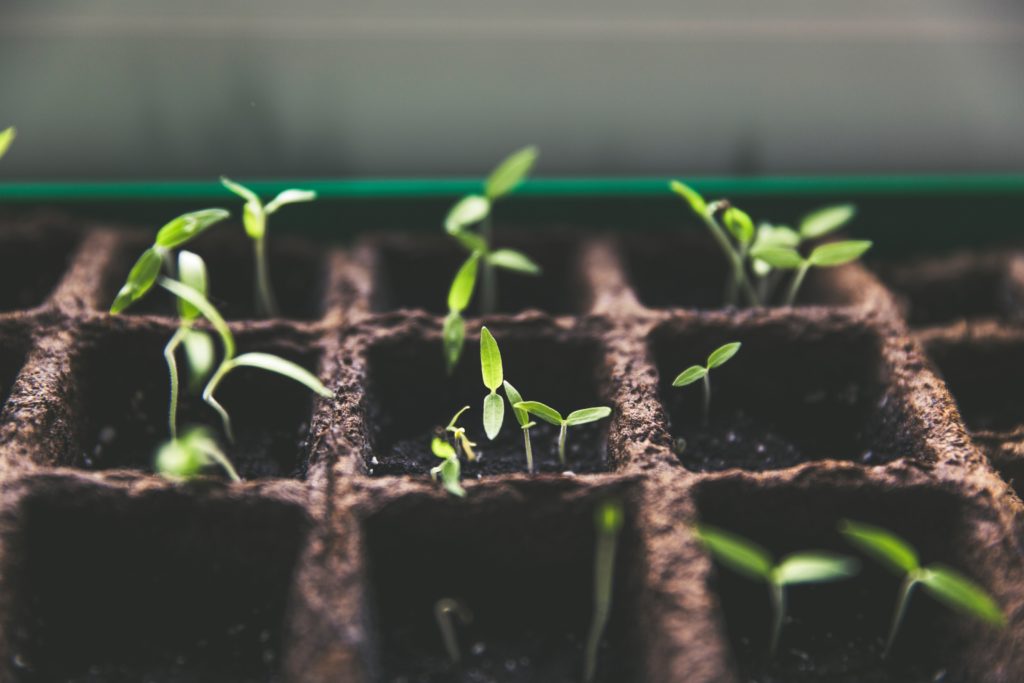Gardening can be a rewarding and therapeutic activity, but it can also be daunting for beginners. There is so much to learn about plant care, watering schedules, and soil types. Luckily, we are here to help you get started on your gardening journey with some easy tips that even the most novice gardener can follow.
1. Stay Close to Water
One of the best gardening tips you’ll ever get is to plan your new garden near a water source. Make sure you can run a hose or sprinkler to your garden without too much trouble. The plumber at https://www.plantedshack.com/ can help you with any necessary piping. Water is essential for healthy plants, so it’s important to have it readily available.
Most plants need about an inch of water per week, but there are a few things you need to take into account when watering your garden. Ensure to water your plants in the morning or evening, so the water has time to evaporate and doesn’t get the leaves wet. Different plants need different amounts of water, so be sure to read up on the specific needs of your plants. The best way to tell if your plants need watering is to stick your finger in the soil. If the soil is dry several inches down, it’s time to water.
2. Choose the Right Soil
The type of soil you use in your garden can make a big difference in how successful your plants are. If you grow vegetables, fruits, or herbs, you will want to use nutrient-rich soil high in organic matter. This will help your plants get the nutrients they need to grow strong and healthy. You can get flowers by using less nutrient-rich soil if you grow flowers. In general, it is always a good idea to add some compost or manure to your garden beds to help improve the quality of the soil.

3. Fertilize Your Plants
Fertilizing your plants is vital to help them grow strong and healthy. However, you don’t want to overdo it, as this can damage your plants. It is best to fertilize your plants every two weeks with a water-soluble fertilizer. Make sure to follow the directions on the fertilizer label, so you don’t apply too much. Over-fertilizing can damage your plants and make them less healthy. On the other hand, if you under-fertilize, your plants will not grow as well as they could.
4. Know When to Plant
Knowing when to plant your seeds or seedlings is essential for getting a good harvest. Most plants need to be planted in the spring, after the last frost date in your area. However, a few plants can be planted in the fall, such as kale and garlic. Be sure to read up on the specific needs of your plants, so you know when is the best time to plant them. You can find this information on the back of the seed packet or online.
We hope you found these tips helpful and that they give you the confidence you need to start your garden. Gardening is a great way to get outside, exercise, and enjoy your labor’s fruits (or vegetables). With a bit of planning and care, you can have a beautiful garden that will provide fresh produce all summer long.






